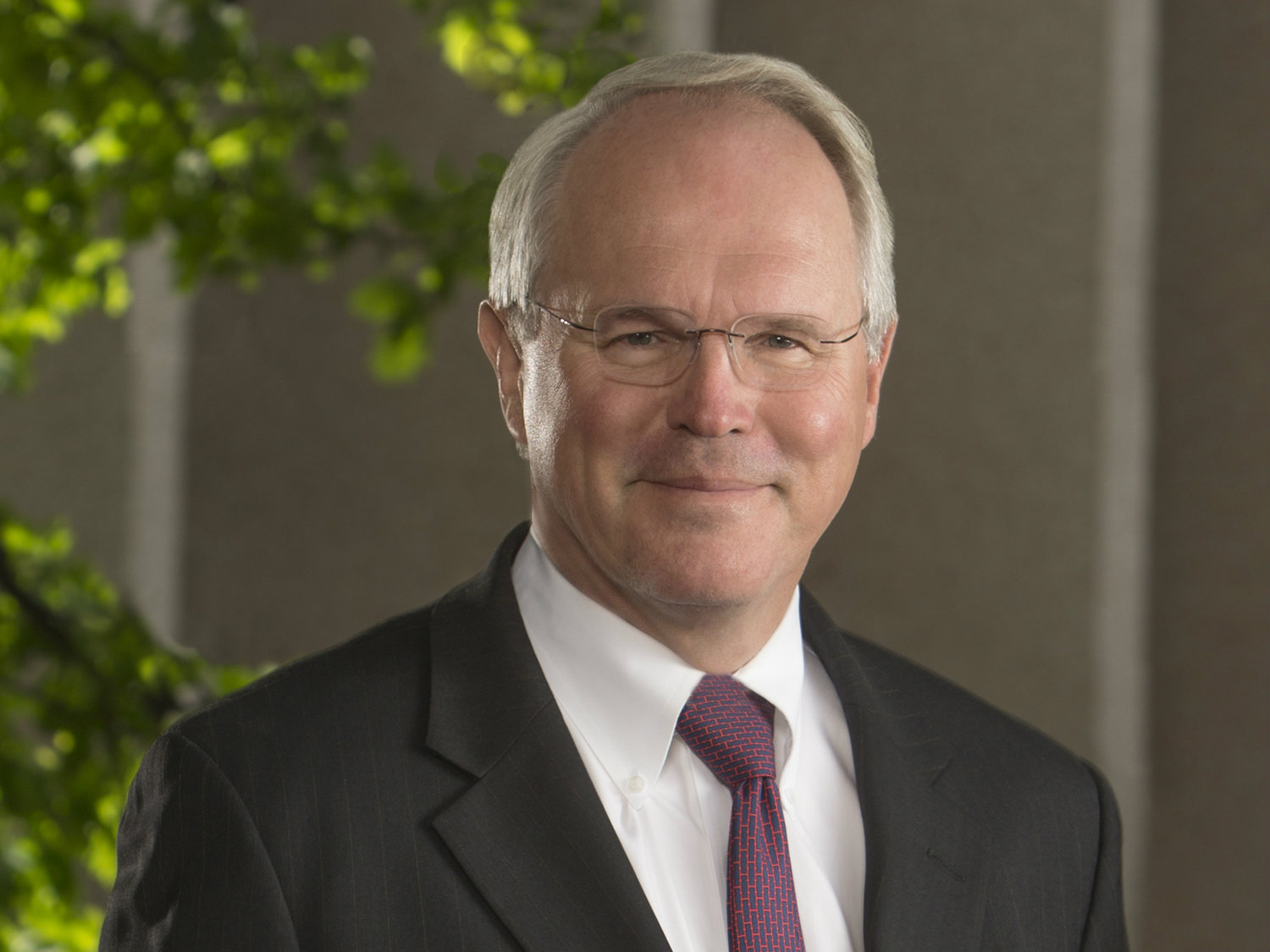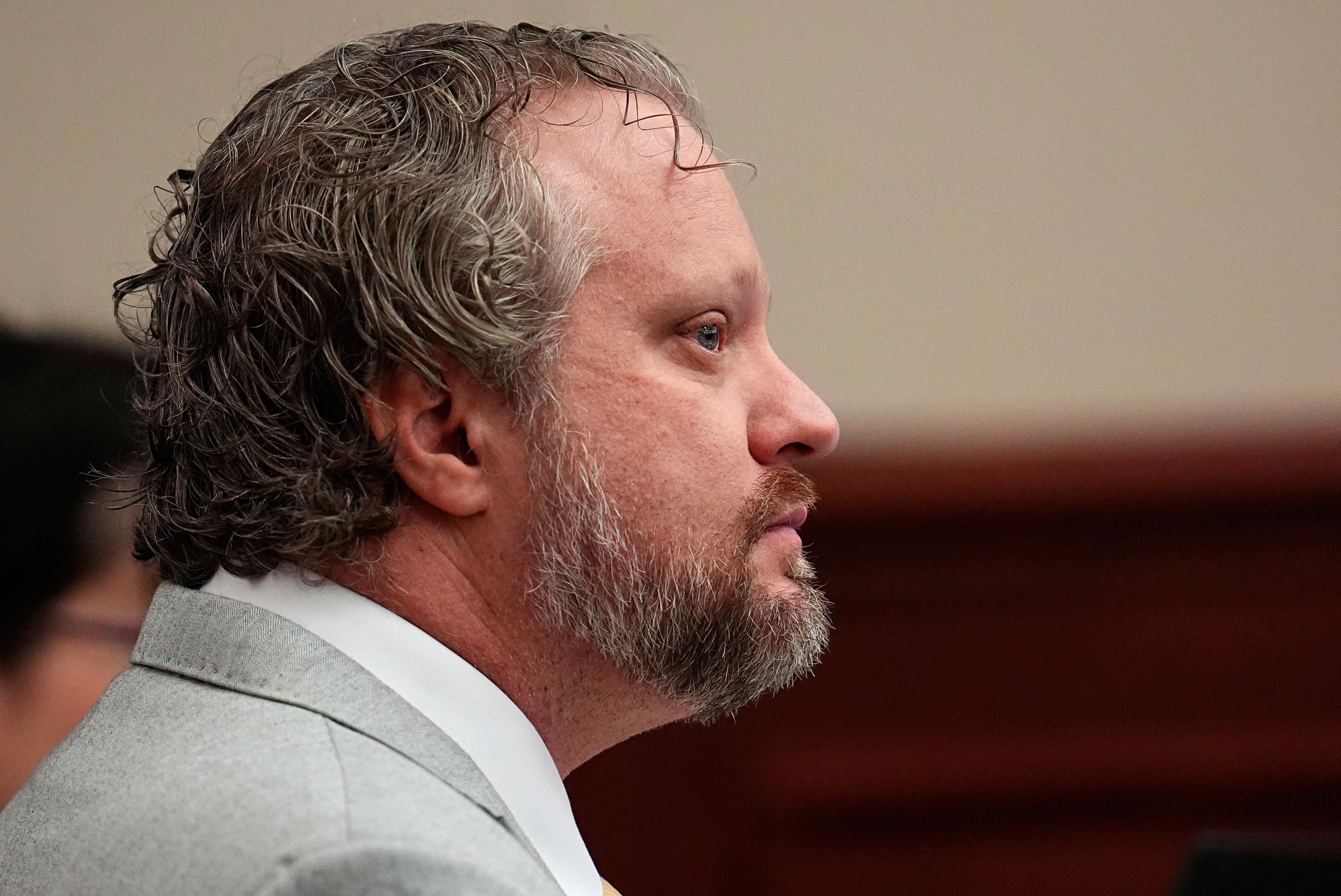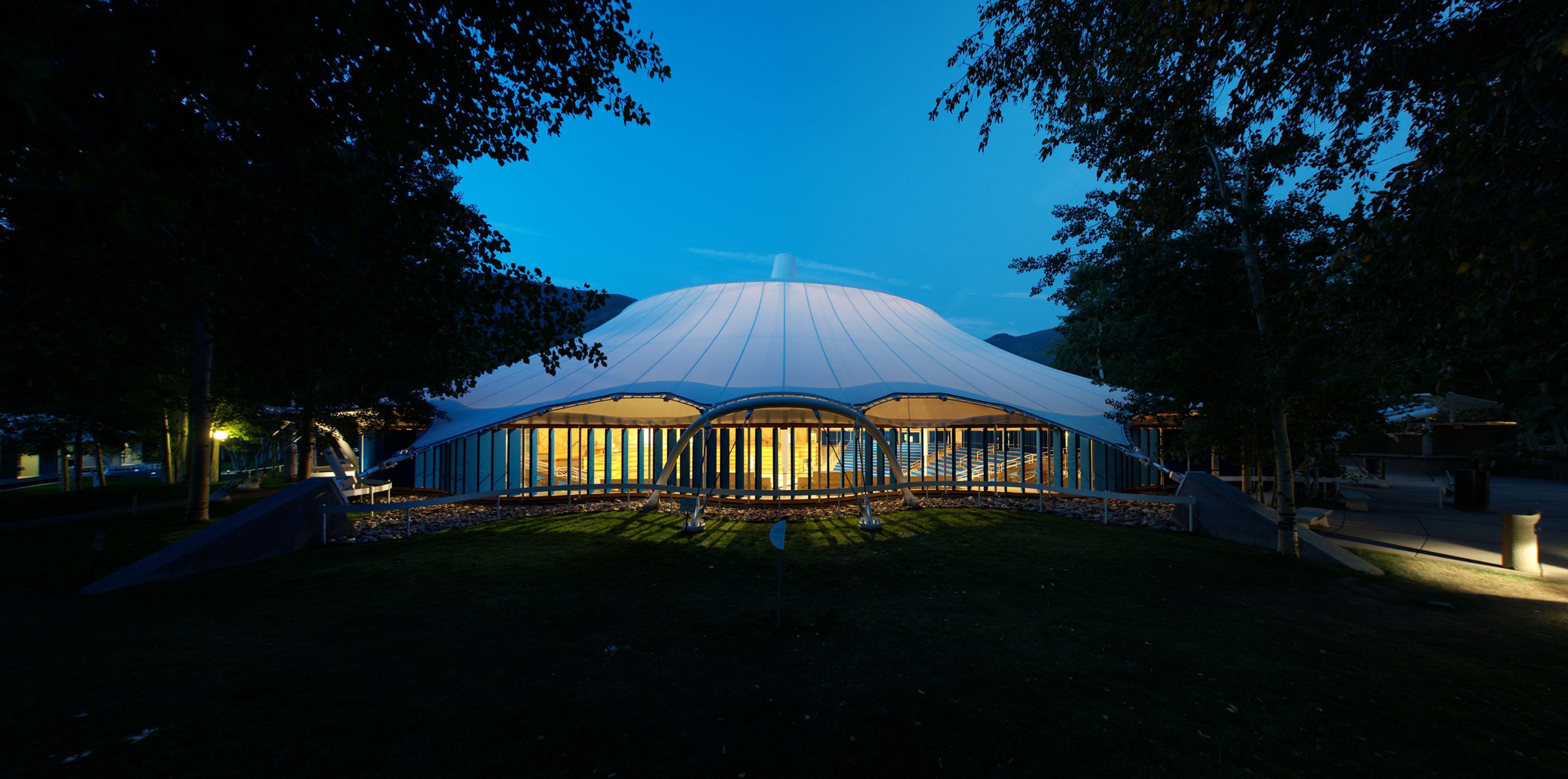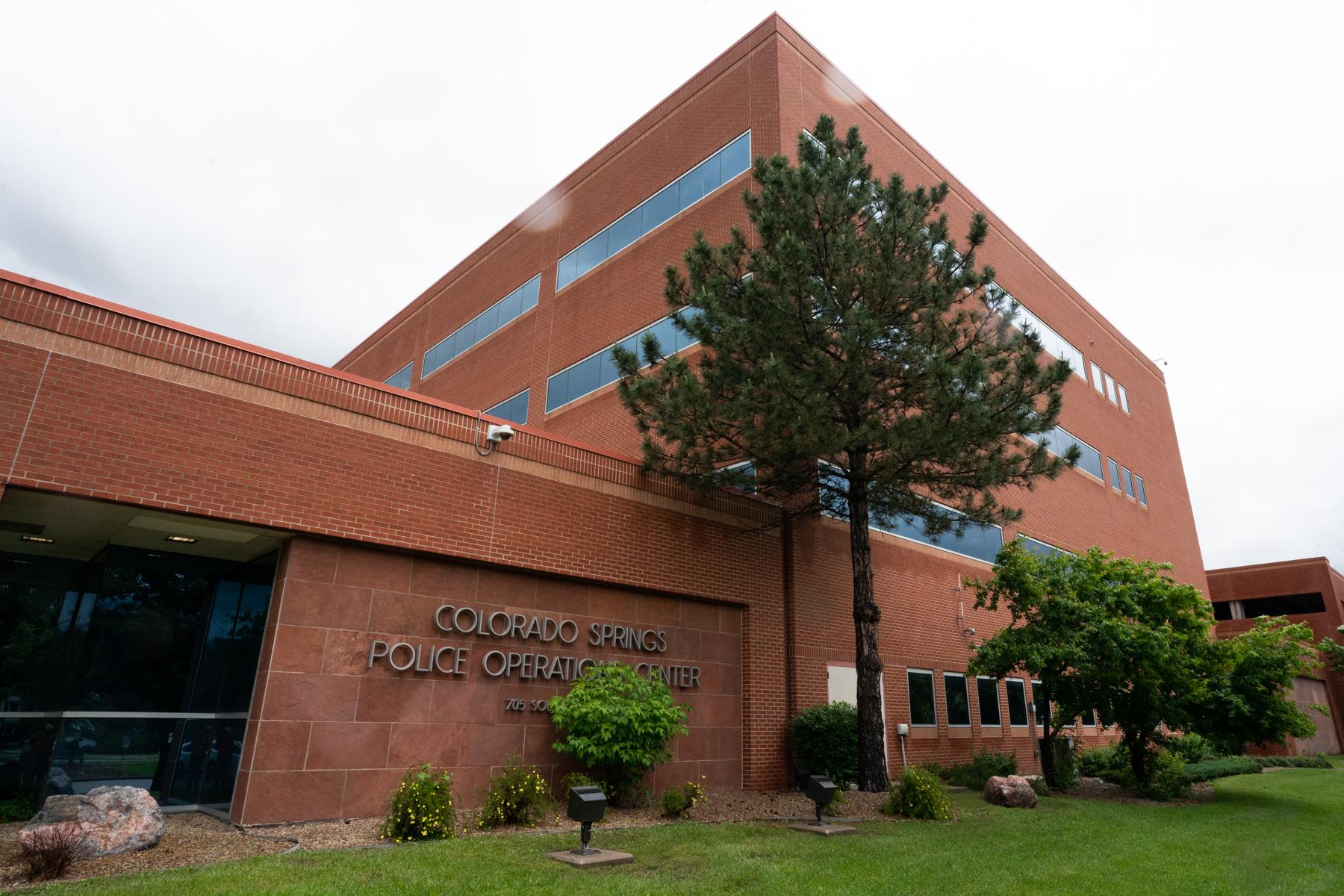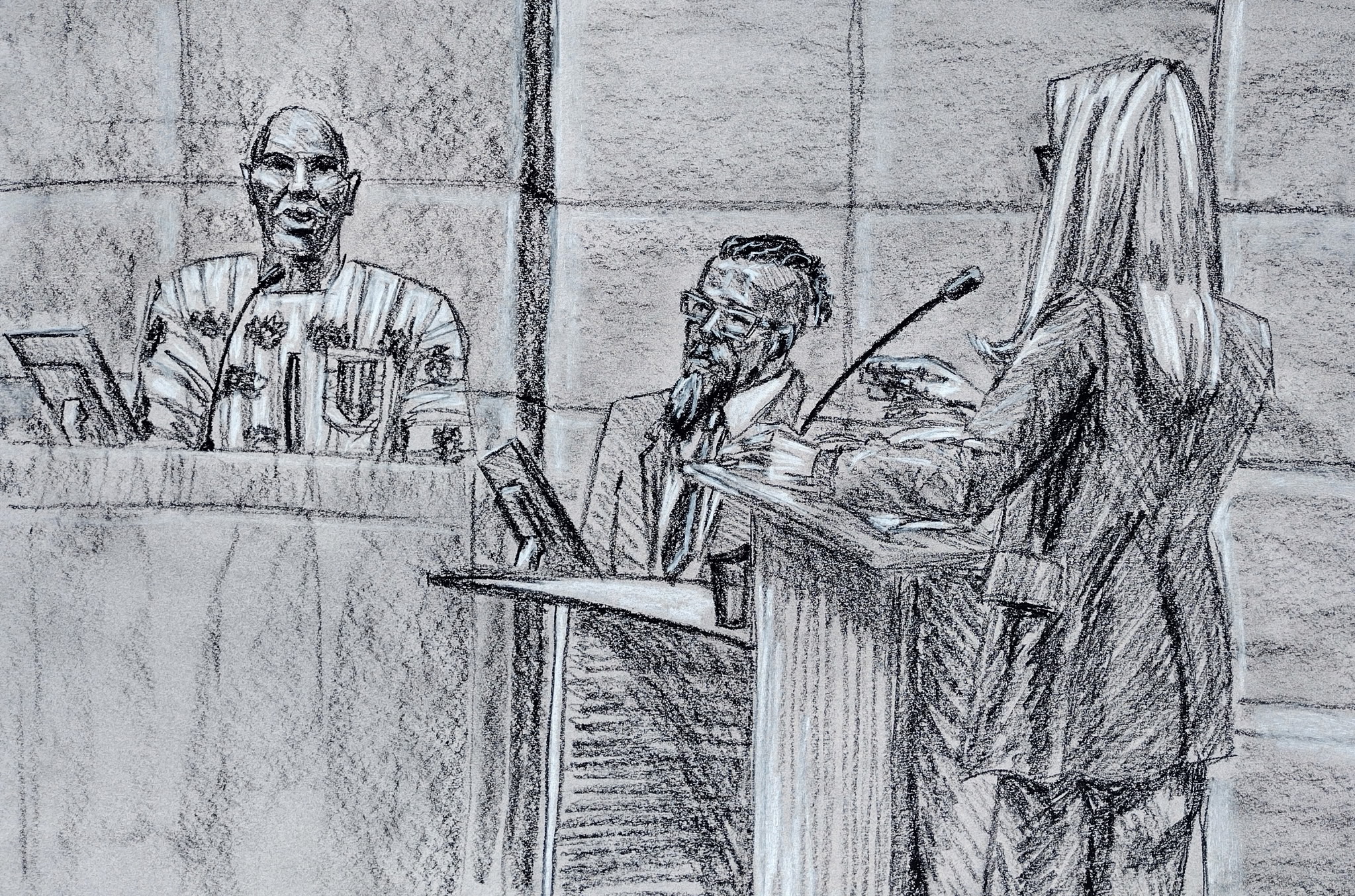
A trial is underway in Denver, focused on torture in the West African country of The Gambia. The defendant, Michael Sang Correa, is charged with multiple counts of torture two decades ago. Correa is accused of being part of a military group working on behalf of Gambian dictator Yahya Jammeh. Several of the alleged victims named in the case traveled to Denver for the trial. They testified about acts of extreme violence and cruelty.
It's one of a few cases that have been tried in the U.S. under a law allowing prosecutions for suspected torture in foreign countries and an international principle known as "universal jurisdiction."
The trial is in Denver because after coming to the United States, Correa settled in the Denver area. Gambian journalists have also traveled to Colorado for the trial, which is being closely watched in The Gambia because the country is in the process of creating a hybrid war crimes tribunal to address atrocities.
Here are some takeaways from the Colorado Matters interview with Carmen Cheung, of the U.S.-based human rights organization the Center for Justice and Accountability:
On the torture charges against Correa:
"Correa is facing multiple counts of torture and also conspiracy to commit torture. He is accused of being a member of the "Junglers," which was a military death squad, which reported directly to the former dictator of The Gambia, Yahya Jammeh. [Correa] is accused of both ... committing the torture himself and also taking part in the torture of others."
"Some of the acts that the "Junglers" were accused of committing includes burning cigarettes over people's bodies. It includes beatings, extraordinary beatings. It includes hanging people up in rice bags, winching them up and just beating them until they fell to the ground. It includes melting plastic and dripping it over their bodies. It includes putting plastic bags over people's heads to suffocate them. That's some of the testimony that we heard in court."
On the events preceding the alleged torture:
"At the time of these atrocities, Yahya Jammeh was the president of The Gambia. He was an authoritarian ruler who used violence and intimidation to maintain power [and] he was facing a coup attempt in March of 2006. Immediately after the failure of the coup, individuals ... in the military, in civil society and government who were believed to either have participated in the coup or helped members of the coup, or really just suspected of being part of the coup, were quickly rounded up, arrested, imprisoned, tortured, and in some cases killed."
On why the trial is taking place in US Federal Court in Denver:
"Michael Correa was found in the United States having overstayed his visa here and at that time he was arrested by the Department of Homeland Security, it was prepared to return him to The Gambia. However, Gambian civil society knew that this man had committed many crimes, and in fact, his victims had testified as to the crimes that he had committed during a truth and reconciliation process in The Gambia following the end of the Jammeh dictatorship. And so we have laws in the United States which permit the United States government to prosecute individuals who've committed these very serious human rights abuses if they're found in the United States. And so Gambian civil society, working with our organization and other international human rights organizations asked the US Department of Justice to investigate whether or not Michael Correa had committed these crimes and, if appropriate, charge and prosecute him."
On why this case is unusual in the United States:
"We call this kind of case a universal jurisdiction case [and] the idea is that there are some crimes that are so abhorrent that they need to be prosecuted, and the perpetrators of these crimes need to be held accountable wherever they are found. These cases have become increasingly common around the world. Europe has been a leader ... but in the United States, they're still relatively rare."
"The Gambia is in the process of setting up a hybrid war crimes tribunal to address the atrocities that were committed during the Jammeh regime. But it's not quite ready to do that yet, so that's why we have members of the Ministry of Justice from The Gambia who are here in the United States observing this trial to see how we're doing it, which I think is an incredible opportunity for us to demonstrate both the strength of our judicial system, our ability to hold perpetrators of rights abuses accountable in our courts, and the importance of having a strong judicial system and maintaining the rule of law in our own country."

